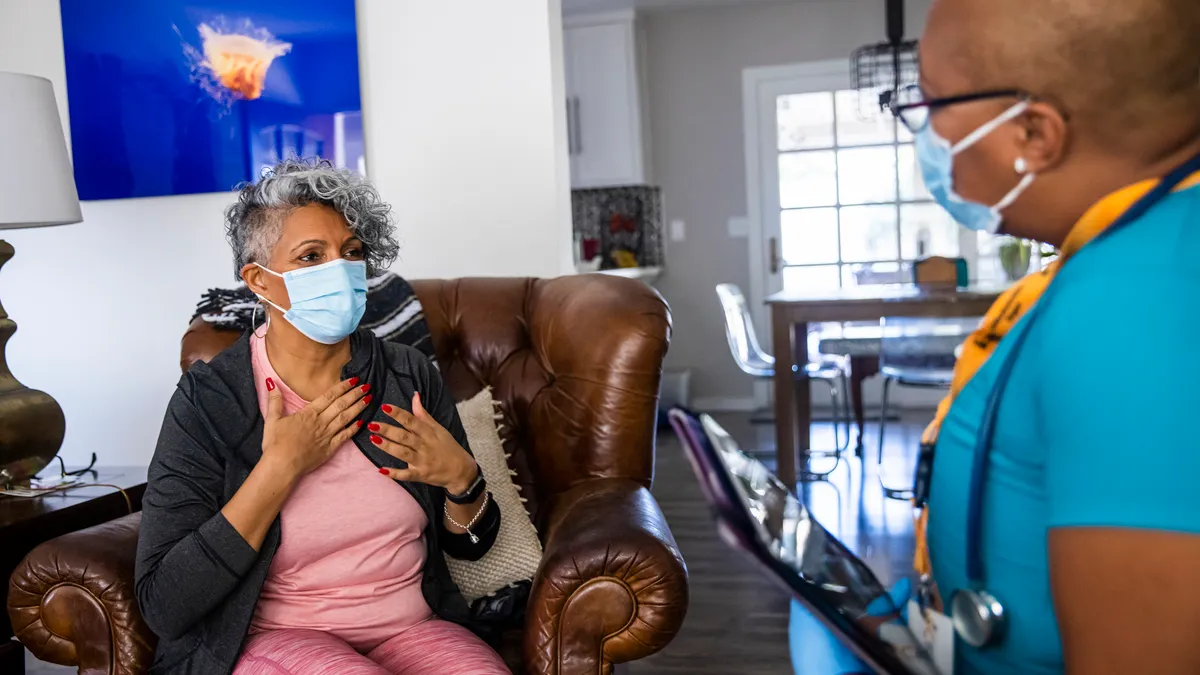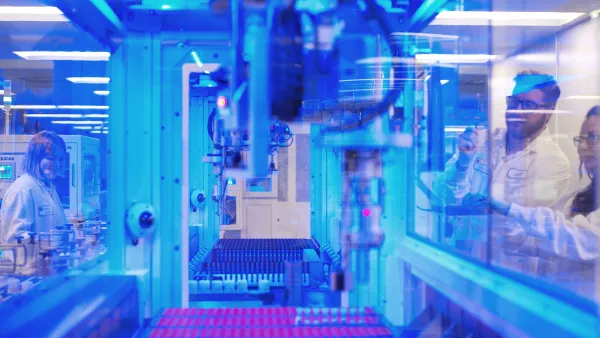Dive Brief:
- Medical devices patients can use at home, such as infusion pumps and ventilators, are the top health technology hazard of 2024, a nonprofit patient safety organization said Wednesday.
- ECRI named at-home devices as the top hazard in response to examples of harms such as medication errors with the use of infusion pumps that suggest products “may be too complex for laypeople to use safely and effectively.”
- The group identified inadequate or onerous device cleaning instructions as the second biggest hazard of the year, reflecting evidence that reprocessing failures can spread infections.
Dive Insight:
ECRI publishes a list of what it considers the top 10 health technology hazards each year. Devices given emergency authorization during the COVID-19 pandemic and cybersecurity threats topped its lists in 2021 and 2022, respectively, but the nonprofit has since focused on dangers related to at-home products.
Last year, Philips’ recall of millions of respiratory devices informed ECRI’s decision to name at-home products as the top risk. The nonprofit was particularly worried about the distribution of safety notices, which it warned may fail to reach patients or be so “jargon-heavy and perplexing” that users may find it hard to understand if their devices are affected.
This year, ECRI has again named devices that can be used in the home as the top hazard but for a different reason, namely “usability challenges.” The decision reflects reports of medication errors related to switching between infusion pumps, skin injuries from incorrect application of cardiac monitor electrodes, and fatalities from ventilator alarms that fail to sound.
“Severe harm can result from the misuse or malfunction of medical devices in the home,” ECRI CEO Marcus Schabacker said in a statement. “Patients and caregivers who misinterpret device readings may feel a false sense of security. Errors may go undetected or unreported, making it difficult to identify problematic trends.”
The report also stated the “home setting can introduce environmental limitations (e.g., space restrictions, unreliable power supply) that impact device operation.”
The nonprofit challenged manufacturers to “consider the needs of users in this setting.” Specifically, ECRI believes “device operation should be intuitive, instructions should be written for a lay audience and user support should be available.”
ECRI put the reprocessing of reusable medical devices second on its list of hazards. U.S. authorities have repeatedly raised concerns about the effectiveness of the cleaning of reusable devices, with the Centers for Disease Control and Prevention sharing data in 2013 and the Food and Drug Administration running studies, sending warning letters and pushing for a switch to disposable products.
To mitigate the risk, ECRI is advising healthcare organizations to ask if the vendor provides validated reprocessing instructions and if the steps are practical to complete in their environment before buying a reusable medical device. The nonprofit also challenged the medtech industry to provide practical, validated reprocessing instructions that adhere to FDA guidance and use common cleaning products.











